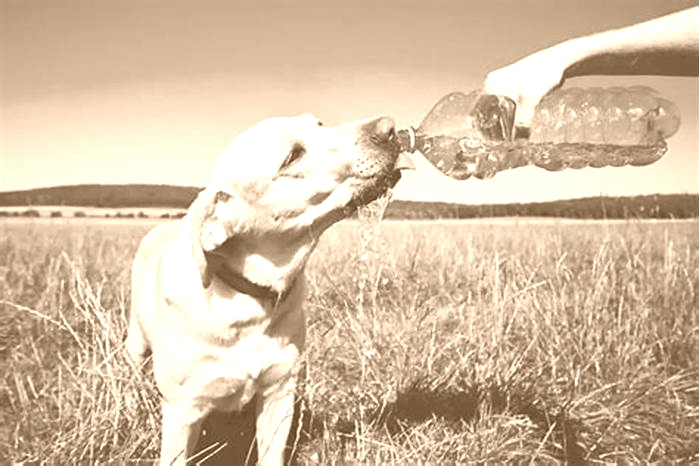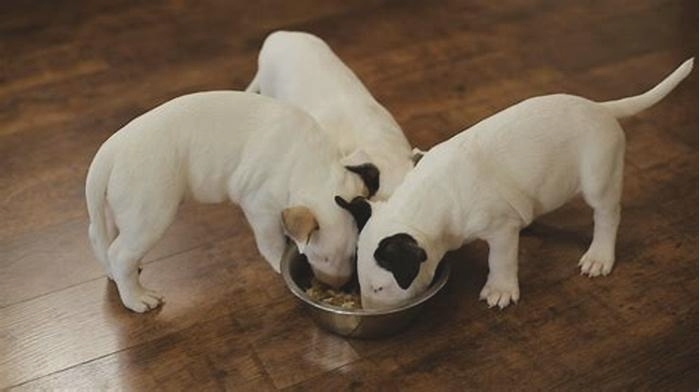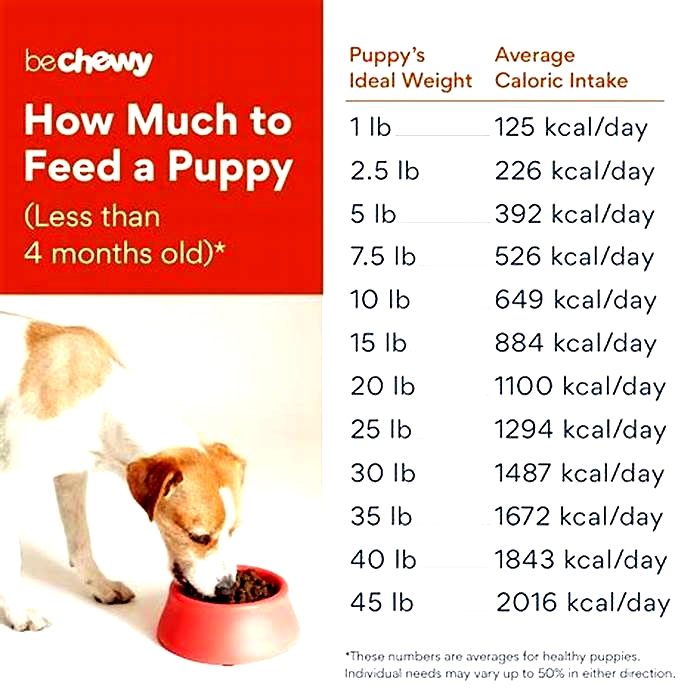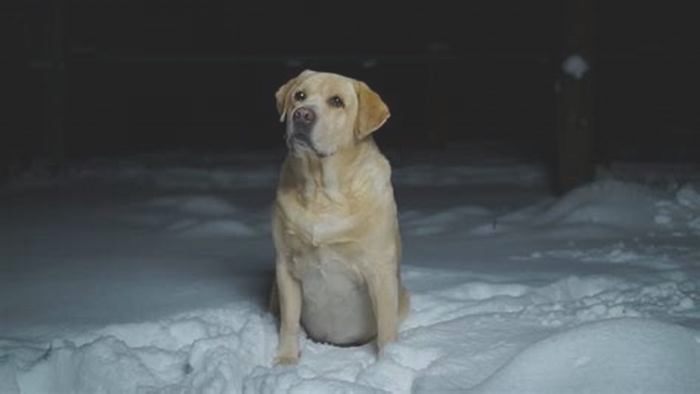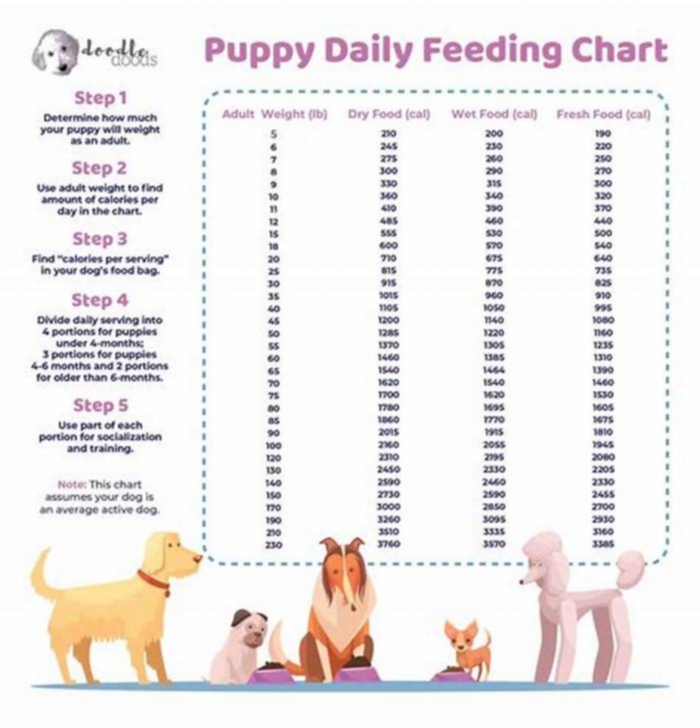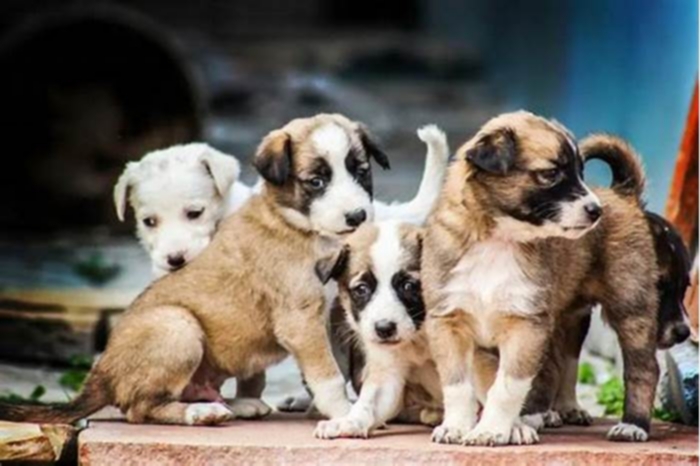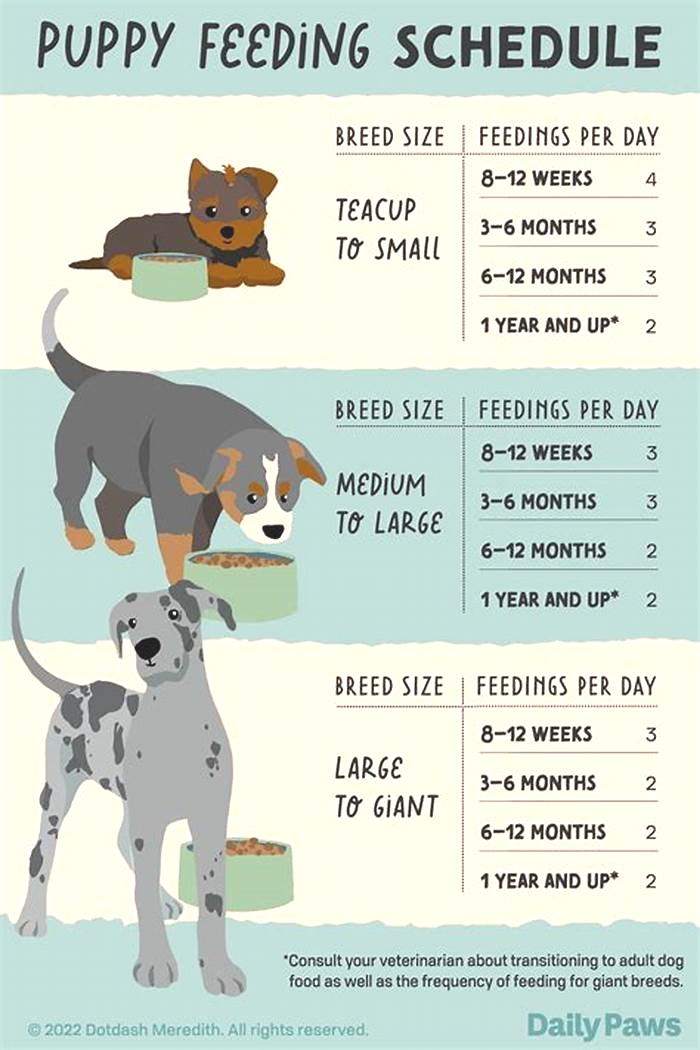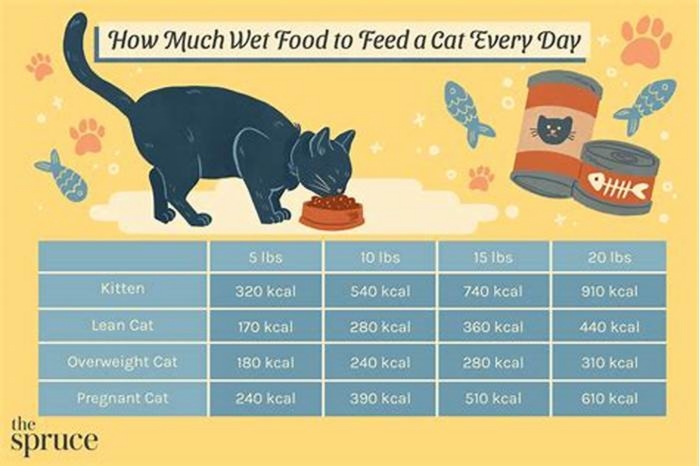Do puppies Need water at night
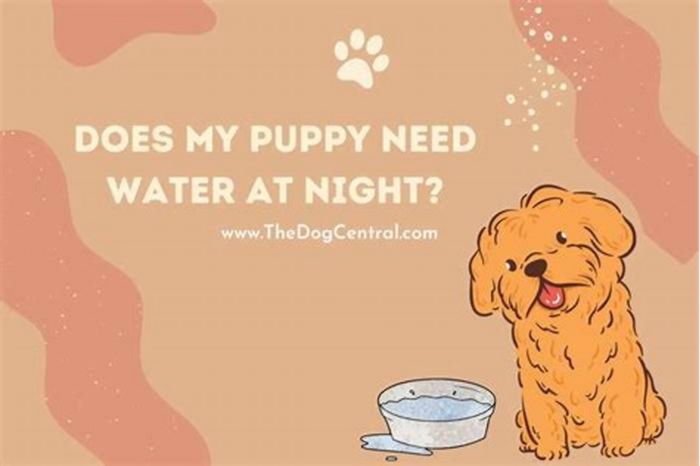
Should I Leave Water Out For My Puppy At Night?
You may have recently gotten a new puppy, in which case, you might be wondering whether or not they need to drink water during the night. And if so, how much? Well, here is everything you need to know about keeping your pup sufficiently hydrated throughout the night.
So, should I leave water out for my puppy at night? It is typically and widely recommended that you do not leave water out for your puppy at night. This will help allow for uninterrupted sleep and prevent the need to take them out to the toilet. Youll have fewer accidents, with less mess to clean up! Exceptions are if your puppy is ill or has a medical condition.
And in those exceptions, youll likely know when you need to do so.
Besides, your vet will most likely advise and confirm if and when, this is something you need to do.
Nevertheless, you likely still have some questions regarding how long puppies can go without water, ideal water schedules, and when to take away the water bowl.
So, let us now delve into them so you know exactly what to do!
How Long Can Puppies Go Without Water Overnight?
Most puppies can go without water for 8 hours (overnight). Although, how long will depend on a number of different factors, including their age, the breed, and how much water they have consumed in the day.
The younger the puppy, generally, the less time they can go without a drink.
Most puppies can go without water for 8 hours (overnight). Even though you leave them without water at nighttime, puppies who are under 12 weeks old will most likely need a bathroom break in the middle of the night.
For Most Puppies
Puppies who are under 12 weeks old will most likely need the toilet during the middle of the night.
They typically are not able to hold their bladder for longer periods of time.
It is at this time, you may consider offering them a drink.
That being said, it is still recommended to not leave a young puppy with free access to water.
Instead, you can put a small bowl of water down, just in case and just before you take them out for their toilet.
Once your puppy is over 12 weeks old, you should notice that your puppy no longer wakes during the night, and they can forgo drinking at this time altogether.
Theyll sleep right through.
Now, you might think its cruel to leave your puppy without food or water all night, but you are helping him.
Just as regular feeding schedules help his digestive tract, removing water at bedtime can help your puppy sleep through the night.
An Example Of A Water Schedule
The best thing to do to leave your puppy without water overnight is to have a water schedule:
- Take away the water (as well as food) at about 8 or 9 at night (or 2 hours before your bedtime).
- Two hours later, take your puppy out for a final potty break before you go to sleep (at 11 pm in this example).
- Take your puppy outside to eliminate at around 5 to 6 am, and give him access to fresh, clean water as soon as he comes inside.
Ensure you provide your puppy with unrestricted access to water during the day (see below).
Its also essential to let your puppy drink as much as he wants throughout the day, particularly during his last drink before bedtime.
Exceptions To The No Water At Night Rule
If Your Puppy Is Ill Or Has A Medical Condition
If your puppy is ill or has a medical condition, he will need access to at least a small amount of water.
You may have to get up in the night (setting an alarm, for instance) because puppies cant control their bladders until theyre older.
Some illnesses will make your puppy extra thirsty, such as:
- Kidney disease
- Cushings disease
- Diabetes
- Addisons disease
If you notice your puppy is drinking much more than he normally does (and it isnt after exercise or in the heat), he could have polydipsia.
Polydipsia is a sign of metabolic changes that can come about through infection or disease.
Check with your vet if you have worries about how often your puppy is drinking or urinating.
If your puppy does have medical problems, you will need to leave a little bit of water for him, even at night.
You may still have to wake in the night to take your puppy outside to eliminate. In these cases, constant access to water is essential for your puppys well-being.
In Warm Conditions Or If Your Puppy Has Exercised A Lot
Regardless of the time of day, never restrict your puppys access to water if its hot or if your puppy has just had a lot of exercise.
Dogs cool off by panting, so your puppy could become dehydrated if he doesnt drink after exercise.
When To Stop Giving Water To Your Puppy Before Night
Youll need to wait until your puppy is at least 12 weeks old before you should stop giving any water at night and you can expect them to hold it without the need for peeing.
Remember to give him a last drink about 2 to 2.5 hours before taking him out for a final pee break.
During Potty Training
While youre potty training your puppy, removing his water bowl at night will make this process much easier.
If your puppy has lots of accidents, give him a good three hours between the time you remove his water and the time you take him out for the last toilet break before bed.
As your puppy develops good housetraining habits with fewer overnight accidents, you can start leaving water further into the night.
Once your puppy is fully housetrained, and his bladder can hold it through the night, youll want to start leaving water further into the night.
By doing this, you avoid the risks associated with removing access to water (see below).
Most puppies will be housetrained and can hold their bladders overnight by the time theyre 3 to 4 months old.
How To Ensure Your Puppy Remains Hydrated Throughout The Night
Daytime Hydration
The best way to make sure your puppy remains hydrated throughout the night is to ensure hes getting enough water during the day.
First, youll need to know how much water your puppy needs.
Adult dogs need roughly one ounce of water per pound of body weight per day.
But puppies drink more than adults since theyre more active and they are growing at a rapid pace.
Very young puppies get their hydration from their mothers milk. Once they are weaned, they will need about one-half cup of water every 2 hours.
Make sure your puppy drinks enough during the day so that hes properly hydrated.
Older puppies usually need between one-half to one ounce of water per pound of body weight. If your puppy weighs 10 pounds, hell need between 5 to 10 ounces of water per day.
Your puppy may need more or less water depending on:
- How active he is. If your pup has had a very active day, hell need more water.
- How hot he is. In high temperatures, all animals need more water, including your puppy.
- If he eats wet or dry food. If your puppy only eats wet food, hes getting a small amount of extra hydration. If he eats mainly dry food, hell need a bit more water.
How To Know If Your Puppy Is Dehydrated
Even if your puppy has unrestricted access to water during the day, he can still become dehydrated. Some things that can cause dehydration are:
- Vomiting
- Fever
- Excessive urination
- Diarrhea
- Eating mostly dry food
- Not wanting to drink
Puppies are more prone to dehydration than older dogs.
Apart from monitoring your puppys water intake, there are ways you can check to make sure hes not dehydrated:
- Gently grab the scruff of your puppys neck (dont lift him). Stretch the skin out and then let it go. The skin should snap back into place quickly. If it goes back in place slowly, your pup is dehydrated.
- Check your puppys gums. If they are sticky or dry, hes not getting enough water.
- Press gently on your puppys gums till you see the area turn white (blocking the flow of blood). Release immediately: within two seconds, the area should go back to a healthy pink color. If it takes longer than that, your puppy is dehydrated.
What To Do If Your Puppy Is Dehydrated
If your puppy isnt drinking enough water when its available to him, heres what you can do about it:
- Keep his water bowl clean and fill it with fresh water at least once a day (and more often if it gets dirty).
- Put his water bowl either near his food or near a favorite resting spot.
- When your puppy takes a drink, praise him or give him a treat (not a salty one!)
- If your puppy doesnt seem to like water, try flavoring it with some bone or chicken broth.
- Try giving your pup ice cubes to chew on. Some puppies love ice cubes, and its one way to increase their water intake.
Signs Of Overhydration
Dogs can get overhydrated, even when theyre puppies.
This problem is also referred to as water intoxication. Although its rare, its worth knowing about as it can be as dangerous as dehydration.
Overhydration can happen when your puppy drinks too much water, either in his water bowl or while hes playing in water.
Here are the signs to look out for:
- Nausea
- Lethargy
- Dilated pupils
- Excess salivation
- Pale gums
- Vomiting
- Loss of coordination or staggering
- Bloating
If you spot any of the above signs, immediately take your puppy to the vet.
When Can You Introduce Water To Dogs At Night?
Once your puppy is housebroken and is at least 3 or 4 months old, you can start introducing water at night.
You do want your dog to have water available to him at all times once hes old enough.
Like humans, dogs do become thirsty at times during the night and will want a drink.
The only reason youre withholding water at night is while your puppy is too young to hold his bladder.
When you go to your puppy in the morning, you want to lead him to water as soon as possible once hes gone to the toilet.
Its essential to reintroduce water at night as soon as you can in order to avoid the problems that come from withholding water.
Possible Issues With Withholding Water
Some dogs become obsessed with water if its only available for limited times each day. This is why its essential to have water available throughout the day (see above).
If your puppy has limited access to water, he might drink too much of it and too fast when its available. This can lead to vomiting or other problems.
Some puppies start to believe that water is scarce and will develop unwanted guarding resource behaviors around water (like growling).
This is why you need to allow your puppy to drink as much as he wants before bed.
Do Some Dog Breeds Need More Water Than Others?
There are no particular dog breeds that need more water than others. How much water your dog needs is based on his size as well as the other conditions (type of food, amount of activity, and climate conditions).
So, if you have a large breed of dog, expect your larger puppy will need more water!
Finally
Withholding water from your puppy at night may seem a little cruel, but assuming they are over 12 weeks of age, is actually the recommended thing to do.
Of course, there are exceptions, and keeping your pup hydrated is essential.
However, during the day is when your young dog should be getting most of their water.
That way, they should sleep much more peacefully, soundly, and cleanly throughout the night!
Have other questions related to your puppys water intake? Then give my other guides a read:
I am an experienced pet owner with decades of experience owning a number of different pets, from traditional pets like dogs and cats, to the more exotic like reptiles and rodents. I currently own a Cockapoo (pictured) called Bailey. I am also the main writer and chief editor here at Pet Educate; a site dedicated to sharing evidence-based insights and guidance, based on my vast pet ownership knowledge, experience, and extensive research.

